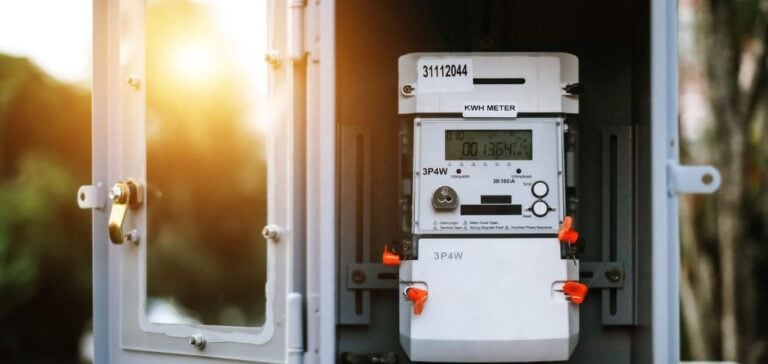The European Union, via the European Investment Bank (EIB), has signed an 80 million euro loan with Elektrodistribucija Srbije d.o.o (EDS), Serbia’s electricity distribution company, to replace 400,000 old electromechanical meters with smart meters. This project is part of a wider program to modernize the power grid, with the aim of reducing electricity losses, improving collection rates and facilitating the integration of renewable energies. The installation of these smart meters will also make it possible to implement optimized tariff methods and ensure a more reliable power supply. The project is co-financed by the European Bank for Reconstruction and Development (EBRD) and an EU budget contribution via the Western Balkans Energy Support Package, adopted in 2022 to strengthen the region’s energy security.
Economic and environmental impact
EIB Vice-President Robert de Groot underlined the bank’s commitment to improving sustainable connectivity in Serbia, in line with the EU’s green and digital transition objectives. These investments will provide Serbia with a more reliable and efficient energy infrastructure, while supporting economic growth in the country and the region. Serbia’s Minister of Energy and Mining, Dubravka Đedović Handanović, said that replacing existing meters with new ones using the most advanced technology will reduce electricity losses and meter reading errors, leading to more efficient consumption management and facilitating the integration of renewable energy sources.
Future Perspective
These strategic investments by the EU and ISB demonstrate a strong commitment to sustainable development in Serbia, strengthening critical infrastructure to support sustainable economic growth and a green energy transition. The project to modernize the electricity grid, in particular by installing smart meters, will create a more resilient system and meet future energy challenges. Collaboration with the Bank and other international partners demonstrates the importance of integrating advanced technologies to improve energy efficiency and reduce carbon footprints. By investing in this infrastructure, Serbia is positioning itself for a cleaner, more sustainable energy future, in line with European energy transition targets.





















